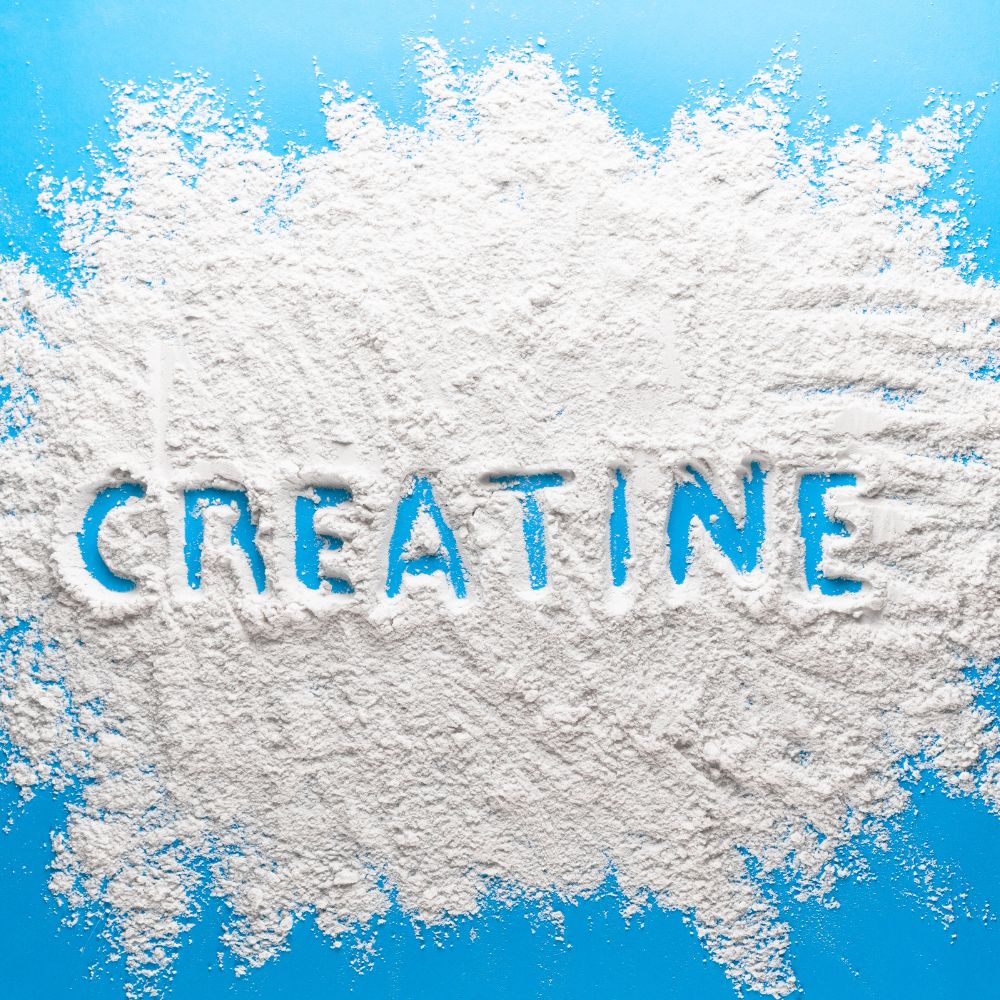What is Creatine?
Creatine is a naturally occurring compound synthesized by the body and found in small amounts in certain foods. It consists of three amino acids: arginine, glycine, and methionine. Creatine plays a vital role in producing adenosine triphosphate (ATP), the primary energy carrier in cells, particularly during high-intensity, short-duration activities like sprinting and weightlifting.
Does Creatine Work?
Numerous studies have shown that creatine supplementation can enhance athletic performance, especially in activities requiring short bursts of energy. Key benefits include:
- Increased Strength: Creatine can improve performance in resistance training and boost muscle mass.
- Enhanced Endurance: While primarily beneficial for high-intensity activities, there’s some evidence it may also improve recovery and endurance.
- Cognitive Benefits: Research suggests potential positive effects on brain health and cognitive function, especially under stress.
Is Creatine Safe?
Creatine is generally regarded as safe for most people when taken as advised. Extensive studies have not identified significant long-term health risks for healthy individuals. However, those with pre-existing kidney issues should consult a healthcare professional before using creatine, as it may increase kidney workload.
Pros and Cons of Creatine
Pros:
- Improved Athletic Performance: Enhanced strength, power, and muscle growth.
- Quick Recovery: Reduced muscle damage and inflammation post-exercise.
- Easy to Use: Available in various forms (powder, capsules) and simple to incorporate into daily routines.
- Cost-Effective: Generally affordable compared to many other supplements.
Cons:
- Water Retention: May cause temporary weight gain due to water retention in muscles.
- Gastrointestinal Issues: Some users experience stomach cramps or diarrhea, particularly with high doses.
- Misconceptions: Commonly misunderstood as a steroid or harmful substance despite its safety profile.
- Potential for Dehydration: May lead to dehydration if adequate water intake isn’t maintained.
How and When to Take Creatine
Dosage:
- Loading Phase (optional): A common practice involves a loading phase of 20 grams per day (divided into 4 doses) for 5-7 days to quickly saturate muscle stores.
- Maintenance Phase: After loading, a daily dose of 3-5 grams is sufficient for most users.
Timing:
- Pre- or Post-Workout: While timing isn’t critical, many prefer taking creatine post-workout with a meal to maximize muscle uptake.
- Consistency: Taking it daily, regardless of workout days, helps maintain elevated creatine levels in the muscles.
Best Creatine Brands Based on Reviews
The best creatine brands were assessed using several criteria to ensure quality and effectiveness:
- Purity and Quality: Evaluation of ingredient quality, focusing on pure creatine monohydrate without fillers or additives.
- User Reviews: Analysis of customer feedback from platforms like Amazon, bodybuilding forums, and fitness websites to gauge satisfaction and effectiveness.
- Performance Results: Assessment of reported improvements in strength, muscle mass, and recovery times from actual users.
- Mixability and Taste: Consideration of how well the creatine powder mixes into liquids and any flavoring, as user experience can greatly influence product appeal.
- Reputation and Brand Trust: Prioritization of established brands with a history of positive performance in the supplement industry, including certifications or third-party testing for quality assurance.
Top Brands:
- Optimum Nutrition Micronized Creatine Powder
- High purity and micronized formula enhance solubility.
- Users highlight its effectiveness and ease of mixing.
- Creapure Creatine Monohydrate by German Creatine
- Known for its premium quality and purity.
- Users appreciate the performance benefits without fillers.
- MuscleTech Platinum Creatine
- Offers a blend of creatine monohydrate and other forms for maximum absorption.
- Highly rated for its effectiveness and value.
- BSN CellMass 2.0
- Combines creatine with a post-workout recovery formula.
- Users report significant gains in strength and recovery.
- Kaged Muscle CreaClear
- Designed to minimize bloating and gastrointestinal issues.
- Highly praised for its digestibility and effectiveness.
Conclusion
Creatine is a well-researched supplement with proven benefits for athletic performance and muscle growth. While it is generally safe for healthy individuals, consulting a healthcare professional is recommended, particularly for those with existing health concerns. By considering the right dosage, timing, and brand—assessed through various quality metrics—consumers can make informed choices to maximize their results. Always prioritize a balanced diet and exercise regimen alongside any supplement use for the best outcomes.

